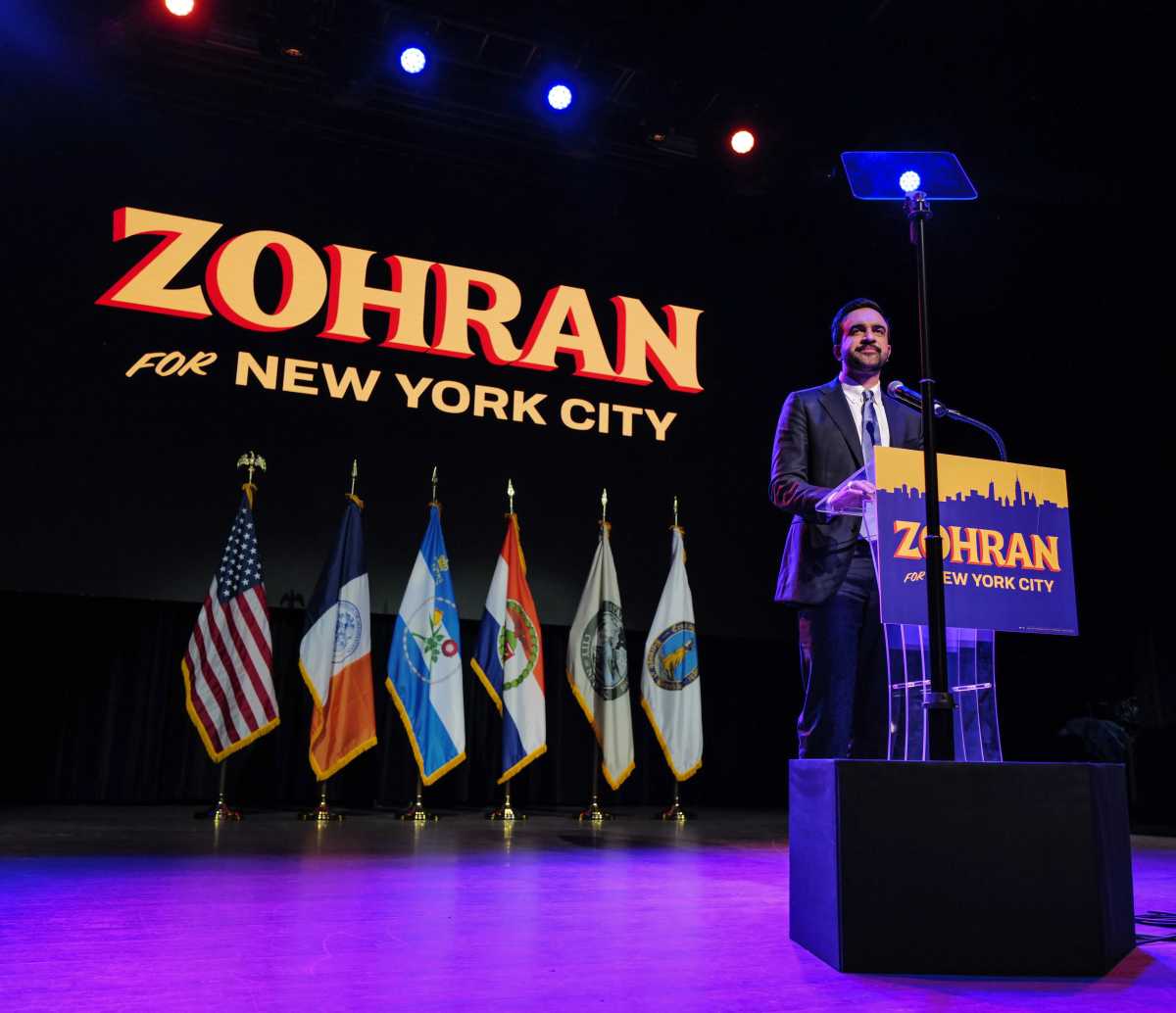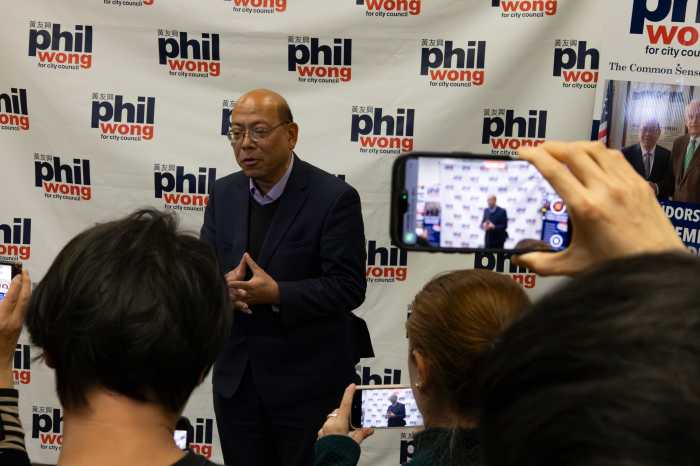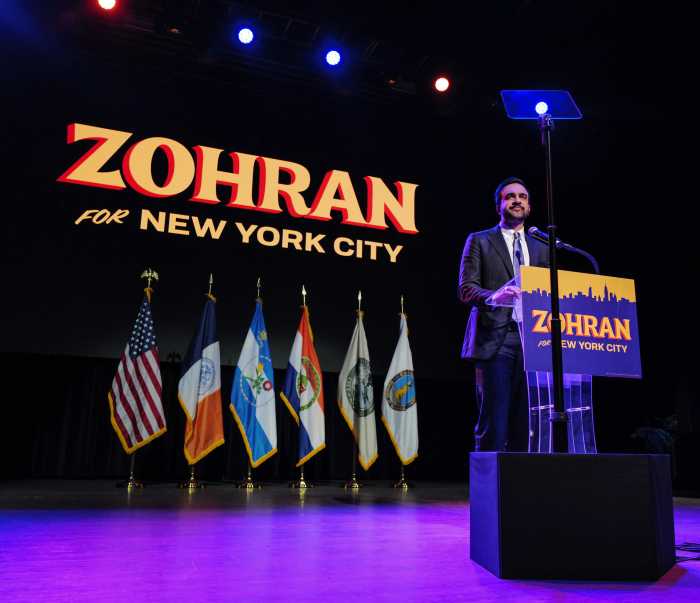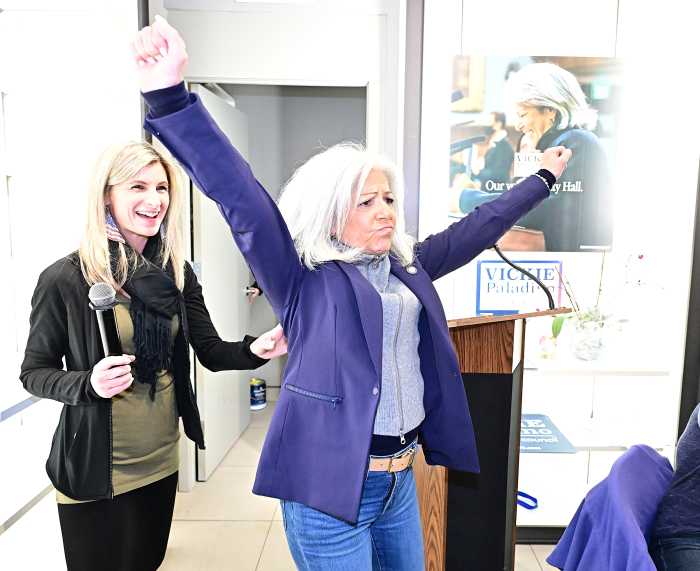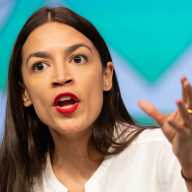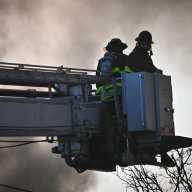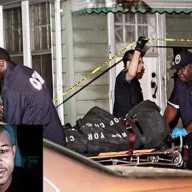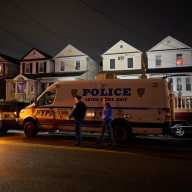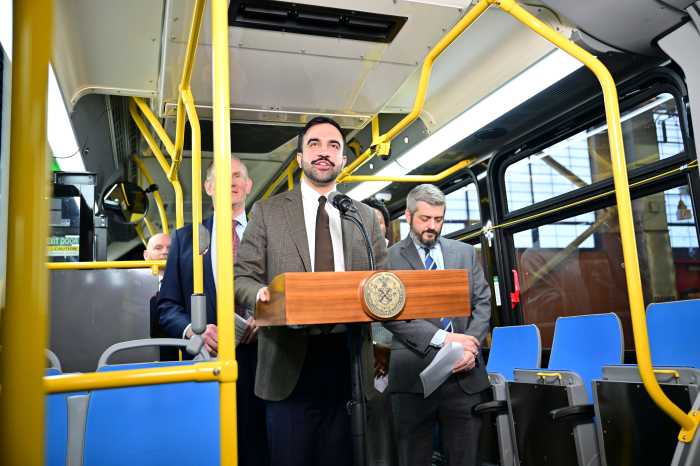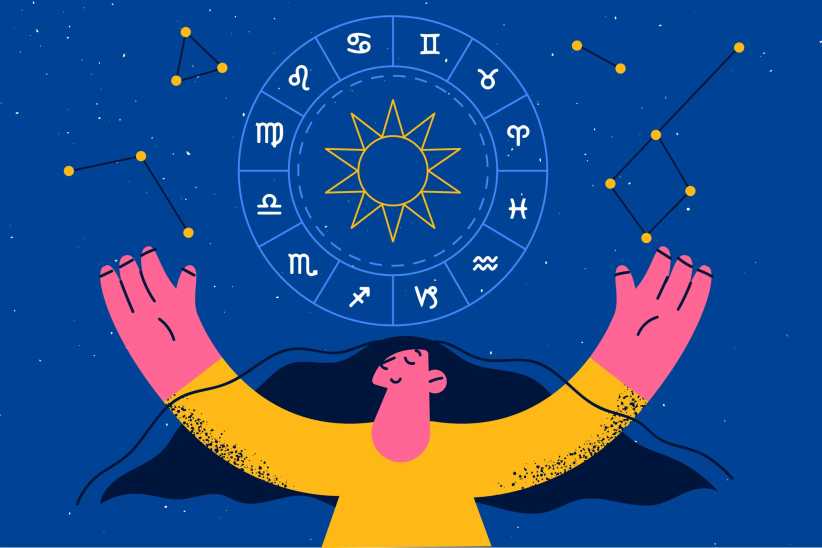Mayor-elect Zohran Mamdani became the first mayoral candidate to break 1 million votes since John Lindsay in 1969 when he convincingly defeated independent candidate Andrew Cuomo on Tuesday, but he also faced record levels of opposition, with Cuomo receiving more votes than any candidate since Rudy Giuliani in 1993.
That divide was particularly evident in Queens, which Mamdani won by 5 points in his worst performance in any borough other than the Republican stronghold of Staten Island.
Mamdani, as expected, performed incredibly well in left-leaning neighborhoods in western Queens, winning neighborhoods such as Astoria, Long Island City and Sunnyside by well over 30 points as voters responded to his calls for free buses, universal childcare and a rent freeze on the city’s 1 million rent-stabilized units.
Cuomo, meanwhile, performed well in neighborhoods like Bayside and Howard Beach as more conservative voters largely rejected Mamdani’s democratic socialist platform.
But nowhere did Mamdani perform better – or worse – than in Council District 24, with election districts in Jamaica Hills and Kew Gardens Hills posting his best and worst performances across the borough respectively.
Many election districts (EDs) in Kew Gardens Hills broke for Cuomo by over 75%, but one district – ED 27 in Assembly District 27 – proved to be the former governor’s second strongest in the borough.
There, Cuomo received a staggering 94.7% of the vote to Mamdani’s 2.5%, according to unofficial results from the Board of Elections, with Cuomo outperforming Mamdani by 1,040 votes to 27. Only one election district in the Far Rockaways, where Cuomo received 97.3% of 862 votes, showed even stronger support for Cuomo in the entire borough of Queens.
But Mamdani won districts in Jamaica Hills by almost as convincing a margin, winning several districts by more than 70%. In ED 44 in Assembly District 24, he beat Cuomo by 78 points, winning 347 votes to Cuomo’s 39.
The two neighborhoods, located roughly 1.5 miles apart, can perhaps be described of a microcosm of the hopes and the concerns that arose throughout Mamdani’s campaign.
Pushback against Mamdani’s criticisms of Israel
It is no surprise that Kew Gardens Hills broke so heavily for Cuomo, or perhaps more accurately, broke against Mamdani.
The neighborhood is home to a large Orthodox Jewish community with strong ties to Israel.
Several homes and businesses proudly boast Israeli flags in their gardens and storefronts, while the Jewish Center of Kew Gardens Hills – one of many temples and synagogues located in the neighborhood – states that it “stands with Israel” on a message board outside the center.
For many local residents, Mamdani’s continued opposition to Israel as a Jewish state made it untenable to support the Democratic nominee during the recent election.
Rabbi Mayer Waxman, executive director of the Queens Jewish Community Council, which operates a location in the neighborhood, said many members of the Orthodox Jewish community boast significant ties to Israel.
Mamdani has been a frequent critic of Israel, describing its response to the Oct. 7 attacks as a “genocidal war” on Gaza. He has also stated that he believes Israel has a right to exist, but as a “state with equal rights.”
Waxman said many members of the Jewish community have been living in fear since the beginning of the war two years ago and said residents in Kew Gardens Hills were shocked that Mamdani had issued a statement criticizing Israel directly after the Oct. 7 attacks, in which Mamdani labeled Israel an “apartheid” state.
He said Mamdani’s past comments have scared people in the Jewish community, which he believes resulted in such a heavy vote for Cuomo during the general election.
Abe Braun, owner of Braun’s Fish Store on Main Street, similarly believes that Mamdani’s opposition to Israel resulted in such a Cuomo landslide among Kew Gardens Hills residents.
“People over here are very in love with Israel,” Braun said. “Anything you’re going to say against Israel, they’ll take it against you.”
Braun added that he was disappointed by Mamdani’s pledge to arrest Israeli Prime Minister Benjamin Netanyahu if he entered New York City under his administration. The International Criminal Court issued a warrant for Netanyahu’s arrest for alleged crimes against humanity related to the Israel-Hamas War. The United States does not recognize the ICC.
Waxman also believes that Mamdani’s pledge to arrest Netanyahu is “very scary” for Jewish New Yorkers.
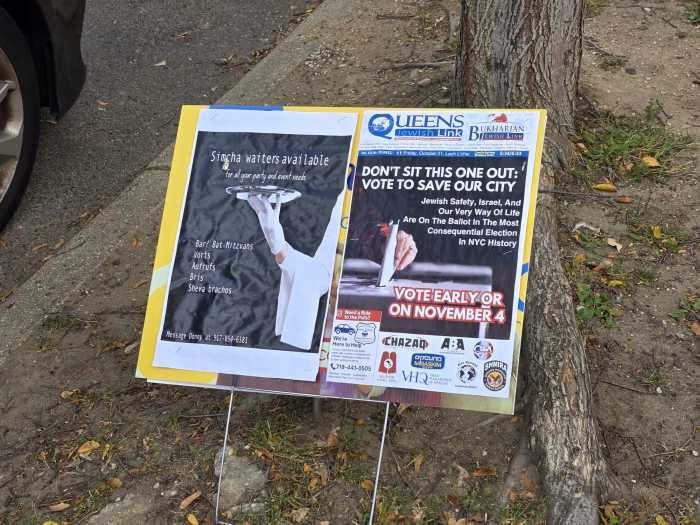
Mamdani has consistently stated that he will stand up for every Jewish New Yorker as mayor. When asked during a debate ahead of the Democratic primary if he would visit Israel as mayor, Mamdani responded that he would meet Jewish New Yorkers where they are at.
In his victory speech on Tuesday, Mamdani pledged to build a City Hall that stands “steadfast” alongside Jewish New Yorkers and pledged that he would not waver in the fight against antisemitism.
Waxman said Mamdani’s words are “slightly encouraging” but said they do not make the concerns of the Jewish community go away.
“It’s a good start that he is at least saying the right things,” Waxman said. “But it doesn’t make the fears go away.”
Waxman pointed to antisemitic attacks on three different Jewish organizations in Brooklyn as evidence of the fear that Jewish New Yorkers are living in. The three organizations – yeshiva, cemetery and Jewish social services organization – were sprayed with red swastikas hours overnight on Tuesday.
Mamdani blasted the incidents as “disgusting and heartbreaking” in a post on social media on Wednesday.
Antisemitic crimes accounted for 54% of all hate crimes across the city in 2024, according to NYPD data, and Waxman believes that the fear of an antisemitic attack is especially prominent among Orthodox Jews living in Kew Gardens Hills because they are easily identifiable as Jewish.
“More than 50% of the of the religious bias crimes are against the Jewish community. That almost exclusively happens to people who are identifiably Jewish,” Waxman said.
Another resident, who did not provide his name, said Mamdani had no other choice but to issue statements in support of the city’s Jewish community.
“Politically, he cannot say anything else,” he said. “Actions are going to determine his real position.”
Mamdani garnered significant support from the Jewish community elsewhere in the city, with exit polls estimating that one-third of jews voted for Mamdani during the general election.
But that was not the case in Kew Gardens Hills, an area that President Donald Trump won convincingly in 2024.
However, as if to underline how Mamdani’s criticisms of Israel resonated among the local community, more people voted in ED 27 in 2025 than they did in the presidential election in 2024. Cuomo also won districts in the neighborhood even more convincingly than Trump did.
Mamdani’s strong showing in Jamaica Hills
But after taking the roughly half-hour-long walk from Kew Gardens Hills to Jamaica Hills, the Israeli flags in homes and businesses recede to be replaced by Mamdani posters and signs in one of the most pro-Mamdani neighborhoods in the entire city.
Mamdani received 100% of the votes in ED 17 in Jamaica, but that only amounted to 20 votes. His 78-point and 308-vote victory in ED 27 therefore represents his most impressive victory in any district with more than 100 votes.
Jamaica Hills, which boasts a significant Bangladeshi and Muslim population, broke for Mamdani almost as heavily as Kew Gardens Hills did for Cuomo.
Local resident Sumom Islam touted Mamdani’s efforts to meet people where they are at as a key reason for winning over the local community so convincingly. In a complete reversal of Mamdani’s struggles in Kew Gardens Hills, Islam also touted Mamdani’s pro-Palestinian rhetoric.
“Bangladeshi people like when people talk to them in Bangla,” Islam said. “Most of his campaign to the Bangladeshi community, he did so in Bangla.”
He also pointed to the three central components of Mamdani’s platform, namely a rent freeze, free buses and universal childcare. He said Jamaica Hills is a working-class community and added that Mamdani’s platform spoke to the majority of residents.
“Most of the Bangladeshis here are not that solvent,” he said. “Most of us are tenants… so everybody is supporting him.”
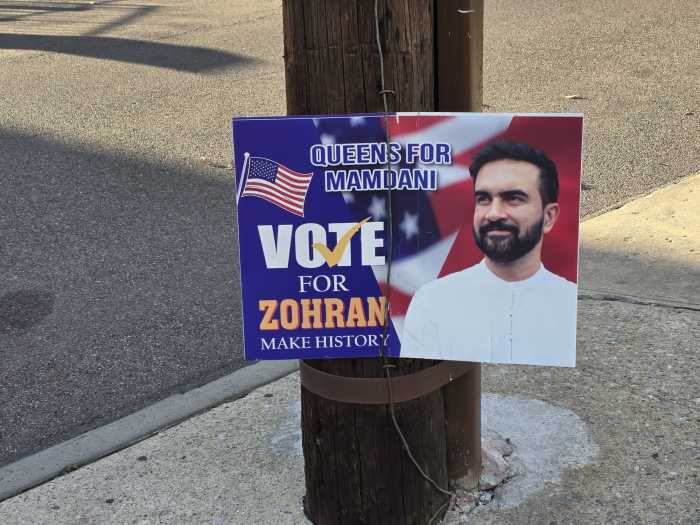
He said universal childcare was a major reason for a number of Bangladeshi families in the area because many people are forced to give up work for at least two years in order to care for their newborn child.
“That (universal childcare) would be very helpful for them.”
Khonbokef, the manager of the Kawran supermarket on Hillside Avenue who declined to give his second name, also said Mamdani’s efforts to meet local residents and hear their concerns was crucial to winning the neighborhood’s support.
“He gave a lot of hope,” Khonbokef said.
Both Khonbokef and Islam also pointed to the fact that Mamdani is a Muslim as a key reason for local support. Mamdani, who became the first-ever Muslim mayor of New York City, accused his political rivals of encouraging Islamophobia in the final days of the campaign and spoke emotionally of how anti-Muslim hate has impacted his life.
Khonbokef, however, believes that Mamdani overpromised during the campaign and said he voted for Cuomo because he did not believe Mamdani could deliver on his platform.
Mamdani’s support and lack thereof in the two neighborhoods is, in many ways, emblematic of the race across the entire city.
It certainly offers a microcosm of the passions that his campaign ignited on both sides, with several districts across both neighborhoods boasting similar turnouts to the presidential election last year, something that has been unheard of in recent mayoral elections.
The recent election boasted a turnout of 2,037,183, which represents an increase of 40% compared to 2021 and the first time since 1969 that more than 2 million New Yorkers voted in a municipal election. Mamdani, who received 1,036,051 votes, also became the first candidate to break the 1 million-vote milestone since 1969, while Cuomo’s tally of 854,995 is higher than any other winning candidate since Giuliani in 1993.
It is undeniable that Mamdani’s candidacy has ignited political discourse and participation unseen in New York City local elections in many decades. It is difficult, for example, to imagine such impassioned debate or participation for a head-to-head race between Cuomo and Republican nominee Curtis Sliwa.

